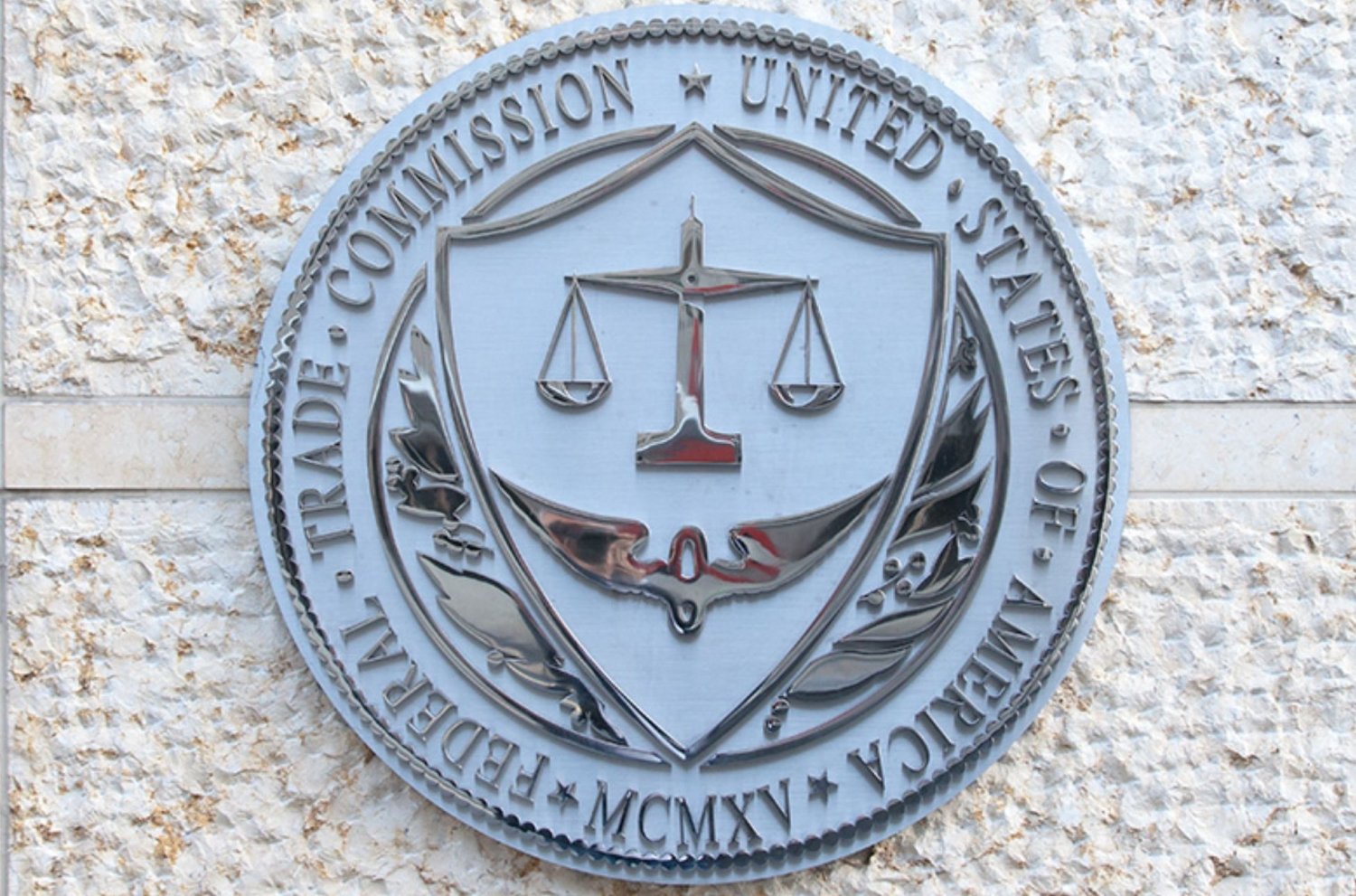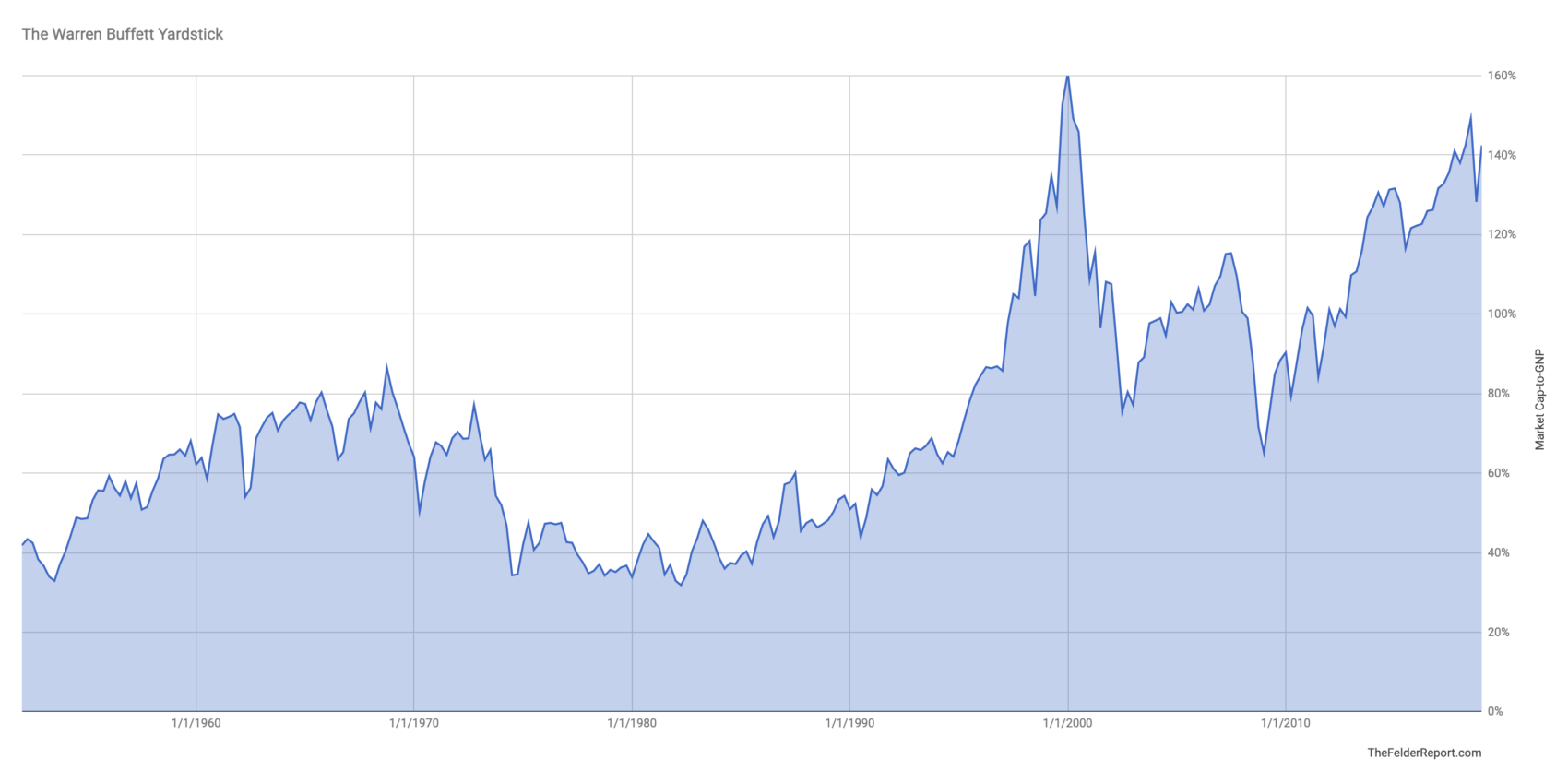FTC Appeals Microsoft-Activision Merger Ruling

Table of Contents
The FTC's Arguments Against the Merger
The FTC's appeal centers on concerns about the potential anti-competitive effects of the merger, focusing on two key areas: competition within the gaming market and the impact on the burgeoning cloud gaming sector.
Concerns Regarding Competition
The FTC argues that the merger would significantly reduce competition, harming gamers. Their primary concern revolves around the immensely popular Call of Duty franchise.
- Reduced Competition, Higher Prices: The FTC believes that Microsoft's control over Call of Duty could lead to higher prices for consumers, limiting choices and potentially stifling innovation. The lack of a truly competitive alternative to Call of Duty strengthens this argument.
- Exclusive Content and Unfair Advantage: A key concern is Microsoft's potential to make Call of Duty exclusive or significantly more advantageous on its Xbox consoles and PC Game Pass subscription service. This would give Xbox a considerable edge over competitors like PlayStation and Nintendo.
- Insufficient Remedies: The FTC argues that the remedies proposed by Microsoft to address these concerns are insufficient to prevent anti-competitive behavior. They contend that Microsoft's pledges to keep Call of Duty on PlayStation are not legally binding and lack sufficient enforcement mechanisms.
Impact on Cloud Gaming
Beyond traditional console gaming, the FTC also highlights the potential negative impacts on the rapidly growing cloud gaming market.
- Limited Access for Rivals: Microsoft's control over Activision's extensive game library, including Call of Duty, could restrict access for rival cloud gaming platforms. This would limit competition and innovation in this crucial sector.
- Reduced Choice and Innovation: The FTC contends that Microsoft's dominance could stifle innovation and reduce the variety of games available on competing cloud gaming services, ultimately harming consumers.
- Antitrust Violations: The FTC alleges that Microsoft's actions constitute a violation of antitrust laws, designed to prevent monopolies and promote fair competition.
Microsoft's Response to the FTC Appeal
Microsoft has vigorously defended the merger, arguing that it will benefit gamers and increase competition.
Microsoft's Defense
Microsoft's counter-arguments focus on expanding access to games and fostering innovation.
- Expanding Call of Duty Availability: Microsoft maintains that it intends to bring Call of Duty to more platforms, including a ten-year agreement with Nintendo Switch. They highlight this as a demonstration of their commitment to expanding access to the franchise.
- Synergies and Innovation: Microsoft emphasizes the potential synergies between Activision's studios and its own, leading to enhanced game development and innovation across its platforms.
- Flawed Analysis: Microsoft argues that the FTC's concerns are based on a flawed economic analysis and fail to accurately reflect the competitive dynamics of the gaming market. They dispute the FTC's claim of significant market harm.
Potential Outcomes and Implications of the Appeal
The FTC Appeals Microsoft-Activision Merger case has significant ramifications for the gaming industry and beyond.
The Appeal Process
The appeals process is expected to be lengthy and complex.
- Uncertainty and Risk: The drawn-out legal battle creates significant uncertainty and risk for both Microsoft and Activision Blizzard, potentially affecting their business plans and stock prices.
- Industry-Wide Ramifications: The outcome will have broader implications for mergers and acquisitions in the tech industry, impacting how future deals are evaluated and regulated.
- Setting a Precedent: A ruling in favor of the FTC could set a crucial precedent for future antitrust cases involving large tech companies and mergers in the gaming sector.
Impact on the Gaming Industry
The final decision will profoundly shape the competitive landscape of the gaming industry.
- Future Mergers and Acquisitions: A successful FTC appeal could significantly deter similar large-scale mergers and acquisitions in the gaming industry, increasing regulatory scrutiny.
- Increased Regulatory Scrutiny: The case could lead to stricter regulatory oversight of future gaming-related deals, potentially slowing down consolidation in the market.
- Impact on Innovation: Increased regulatory hurdles could potentially impact innovation and the overall pace of development within the gaming market.
Conclusion
The FTC Appeals Microsoft-Activision Merger is a landmark case with far-reaching consequences for the gaming industry and antitrust law. The arguments presented by both sides highlight critical issues about competition, market power, and the future of gaming. The outcome will not only determine the fate of the Microsoft-Activision deal but also shape the regulatory landscape for years to come. To understand the full impact of this ongoing legal battle, continue following updates on the FTC Appeals Microsoft-Activision Merger and its implications. Stay informed about this pivotal case affecting the future of gaming.

Featured Posts
-
 The Just Contact Us Phenomenon Analyzing Tik Toks Tariff Circumvention Strategies
Apr 22, 2025
The Just Contact Us Phenomenon Analyzing Tik Toks Tariff Circumvention Strategies
Apr 22, 2025 -
 Investor Concerns About Stock Market Valuations Bof As Response
Apr 22, 2025
Investor Concerns About Stock Market Valuations Bof As Response
Apr 22, 2025 -
 Pope Francis Death A Global Loss
Apr 22, 2025
Pope Francis Death A Global Loss
Apr 22, 2025 -
 Is Betting On Wildfires Like The Los Angeles Fires A Sign Of The Times
Apr 22, 2025
Is Betting On Wildfires Like The Los Angeles Fires A Sign Of The Times
Apr 22, 2025 -
 Stock Market Pain Investors Push Prices Higher Despite Risks
Apr 22, 2025
Stock Market Pain Investors Push Prices Higher Despite Risks
Apr 22, 2025
